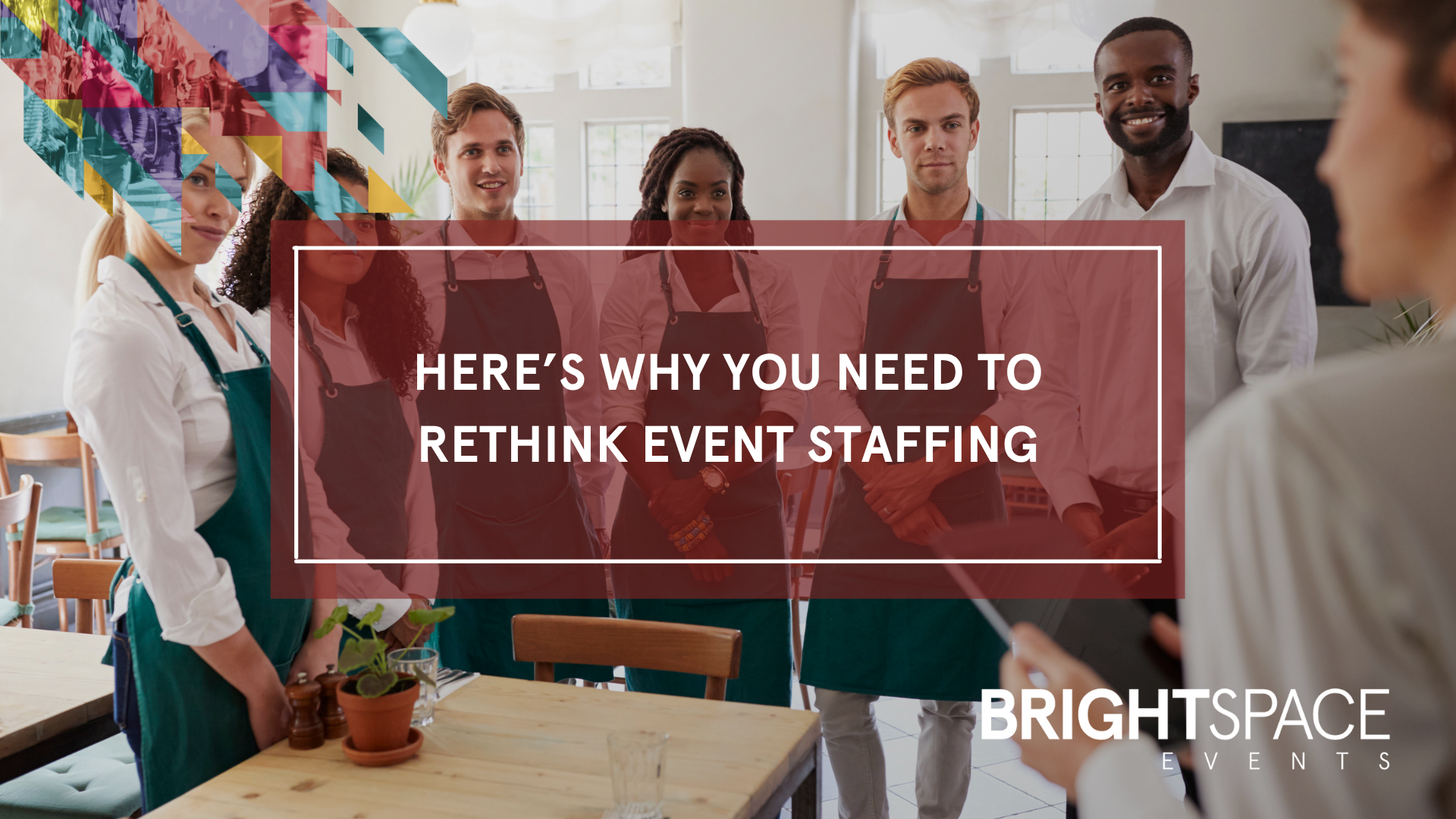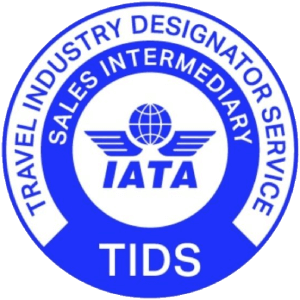Event staffing might not be especially high on your to-do list when you’re organising event. Perhaps you’ve just taken your team for granted until now? You’ve all put the work in. You arrive at the venue. And you expect your team to deliver beyond stakeholder expectations. But it’s no longer enough to presume anything now event sustainability if under the spotlight.
This doesn’t mean just slashing waste and reducing carbon footprints (although these are massive achievements). The thing is, many organisations are so busy focusing on the environmental side of sustainability, they’re unintentionally overlooking the people who bring events to life.
Ethical event staffing ensures the workforce behind your event is treated fairly, in turn having a positive impact on:
- Their well-being
- Your business and employer branding
This stuff is vital under any circumstances. But it needs to move even higher and faster up your list of priorities if you’re driven by an ESG strategy. Here’s why.
Event Staffing and Sustainability in 2025
There are currently five key factors summing up why you need to incorporate event staffing into your broader sustainability goals:
- UN Sustainable Development Goals (SDGs) – The United Nationals emphasises social responsibility, with 10 of its specified goals out of 17 dedicated to ensuring fair treatment and opportunities for people.
- Profit, planet, and people – True sustainability follows this triple bottom line. Do, you’re falling seriously short if you’re excelling in your environmental efforts, while neglecting your workforce.
- Your people are your brand – They’re the ones delivering your event experience. So, it’s crucial to look after them, whether they’re full-time staff, students, freelancers, suppliers, sub-contractors or volunteers.
- Burnout and exploitation should be relics of the past – The events industry is continuously evolving for the better in terms of eliminating out-dated event staffing practices. Yet stories of excessive shifts and overworked teams still emerge, particularly from music festivals. Thankfully, the MICE industry is making positive strides in changing this.
- Health and safety are more than regulations – Tired, undernourished, and mistreated staff can be a liability, especially in high pressure situations. A well-rested and well-supported team ensures a safer and more successful event.
So, ask yourself this? Do you need to revisit your approach to event staffing to address and mitigate any people issues?
How to Improve the Social Impact of Staffing
Treating people well is just the right thing to do. But sustainable staffing means actively creating opportunities for those who need them.
This calls for event staffing that benefits your business and the wider community. Does your business need to take on of the following measures to progress in this area?
- Offer paid work experience – Many students and early career professionals are eager to gain experience in the events industry. But they’re too often expected to work for free, which is anything but ethical! Instead, think about partnering with universities and colleges to provide structured, paid work experience. And create internship opportunities to give young professionals real world experience without exploitation.
- Partner with charities and social enterprises – A truly inclusive workforce calls for offering opportunities to those who might not traditionally access them. You can achieve great results by working with local charities and organisations that support neurodiverse, long-term unemployed and underrepresented minority groups, in turn expanding your hiring reach and building a dynamic, diverse team.
- Implement a DEI (diversity, equity, and inclusion) strategy – Sustainability also demands a fair and inclusive workplace. Do your hiring processes attract a diverse range of candidates? If not, try advertising job vacancies in inclusive spaces and, whenever possible, hiring locally to keep economic benefits in your community.
And now you’ve found your tribe, it’s time to support them when they need it most – at the event itself, when burnout, stress, and tensions can abound!
How to Improve Staff Welfare Onsite
Undoubtedly, a well-cared-for team is a productive and engaged team. For this purpose, it’s a worthwhile exercise to review how you treat your people throughout the event.
Do you score highly on the following elements? Or lag behind?
- Schedule empathetically – Long shifts with minimal breaks are no longer acceptable. On the contrary, you should allow for realistic travel times and ensure shifts are manageable. Staff leading evening functions should have a later start time the next day to ensure proper rest. And make sure you clearly communicate and schedule breaks in advance, so staff know when they can recharge.
- Empower staff to speak up – Event staff are often hesitant about raising concerns. But a good event manager encourages staff to flag missed breaks, ensures the availability of refreshments, and displays a crew food schedule, so everybody know what’s available, where, and when.
Look at Sustainable Staffing through a Different Lens
At the end of the day, sustainability means building a fair and ethical workplace, besides reducing environmental impact.
And you too can play your part in creating better events, stronger teams, and a more positive industry standard by:
- Prioritising fair wages
- Hiring ethically
- Focusing on staff welfare
Looking for expert guidance in sustainable event staffing? Get in touch with us today, at Brightspace Events, to discover how we can help you build a more ethical and effective workforce for your next event.







